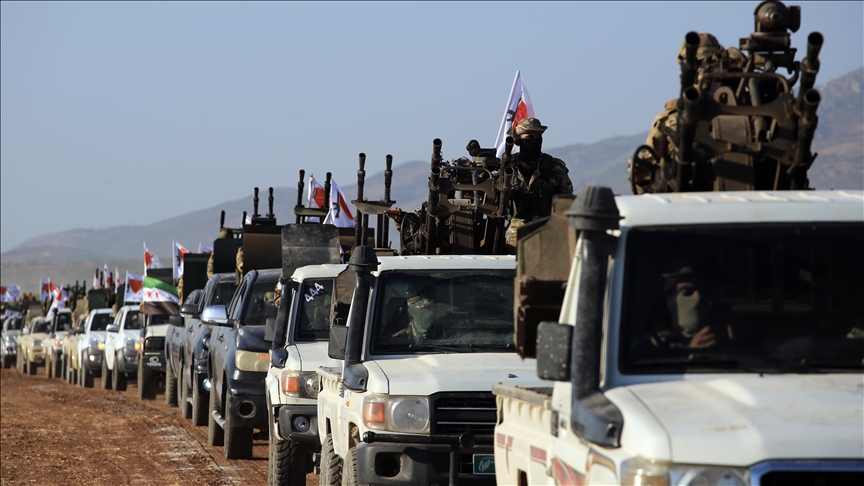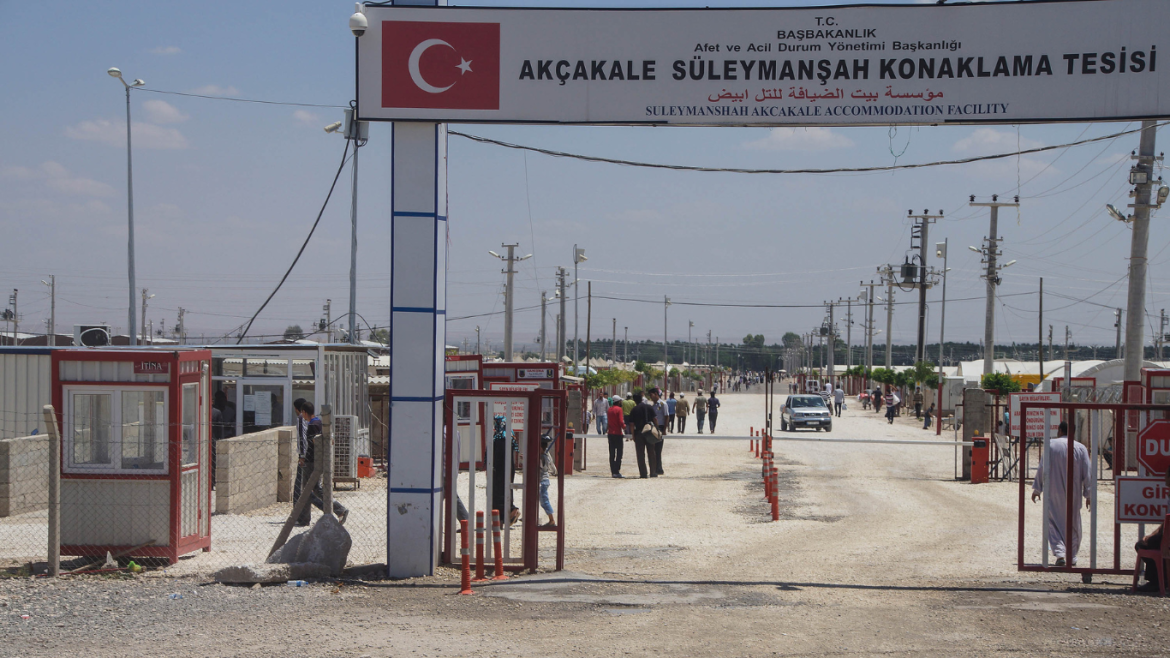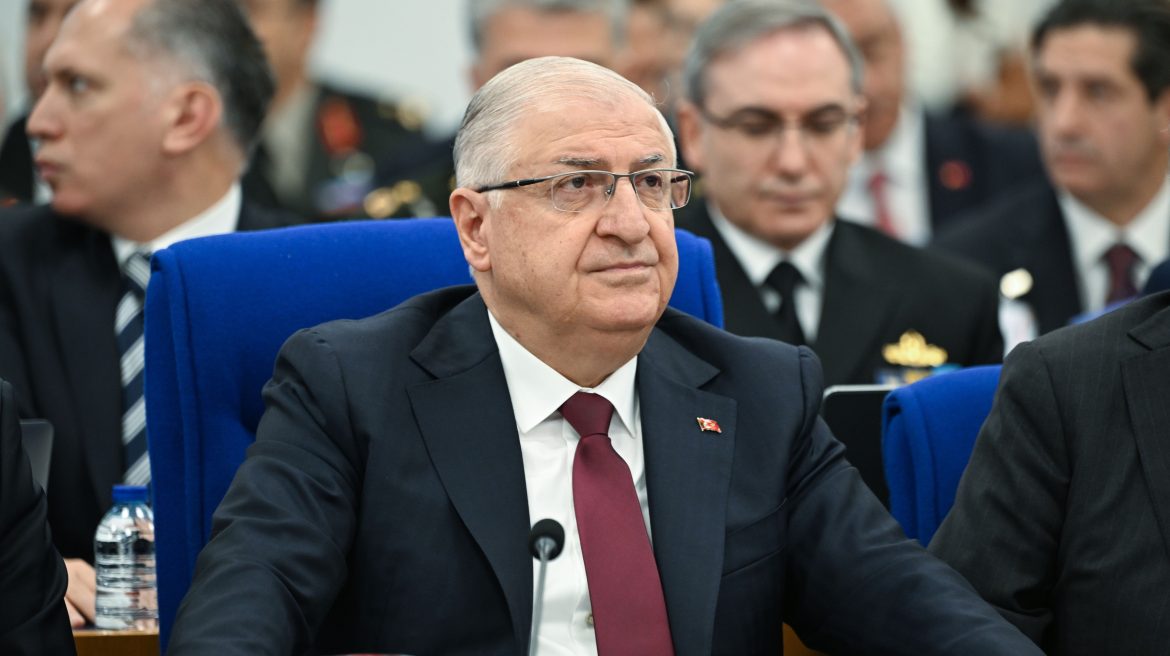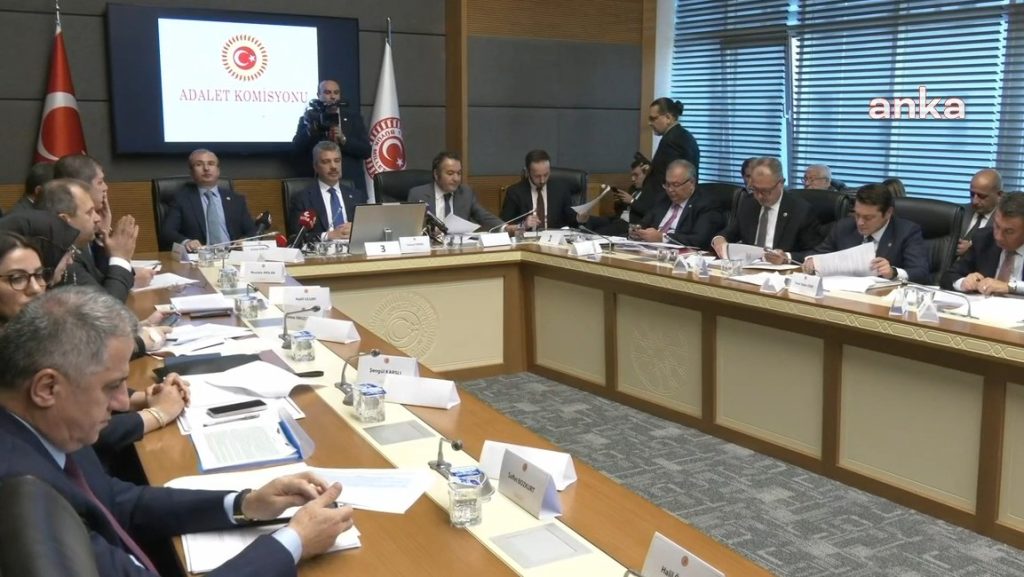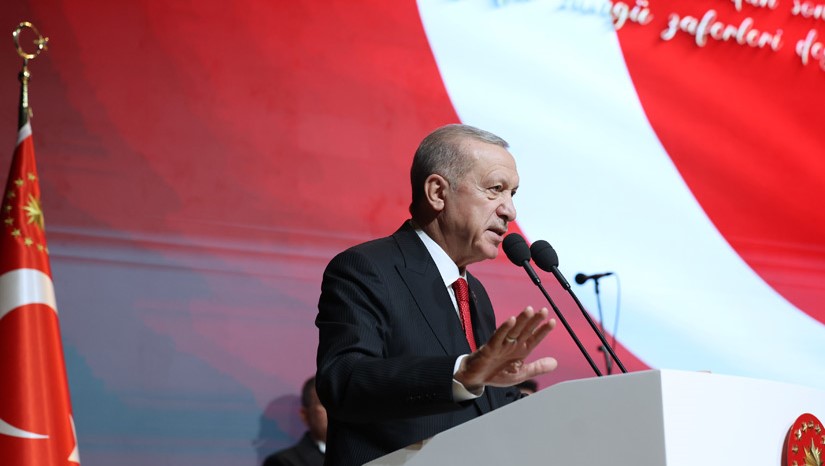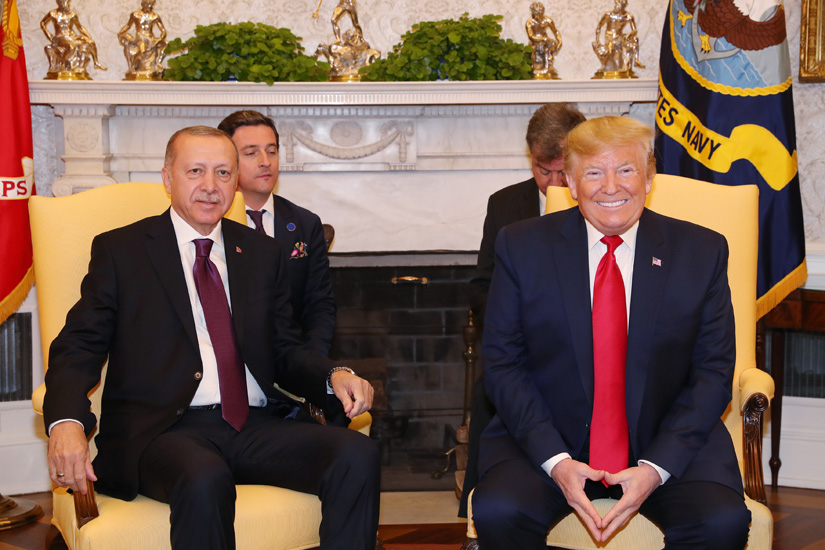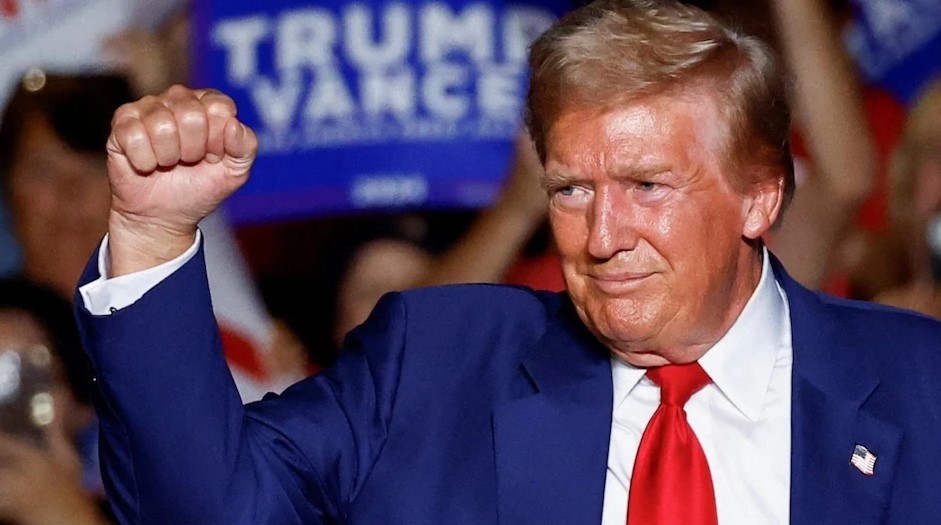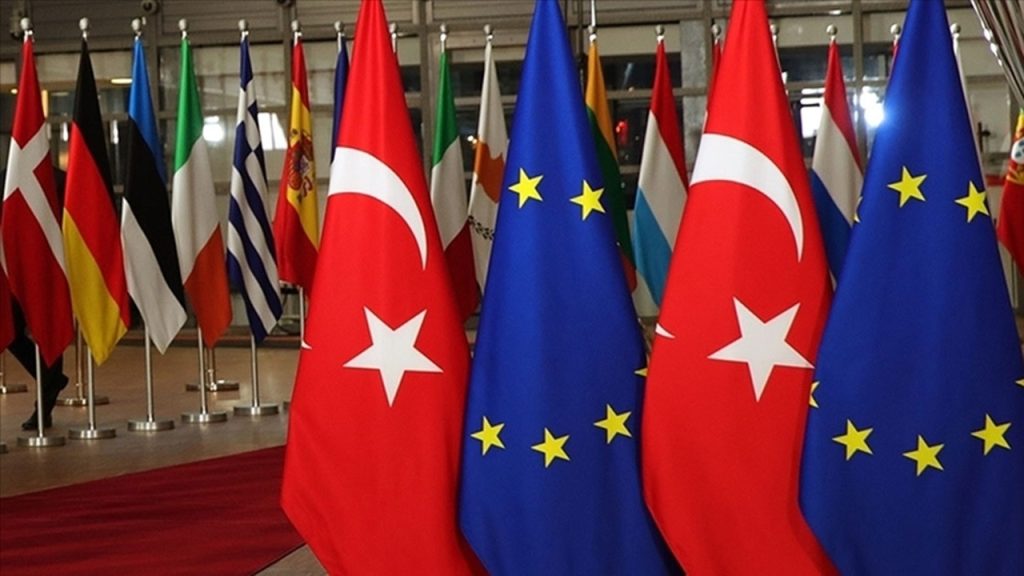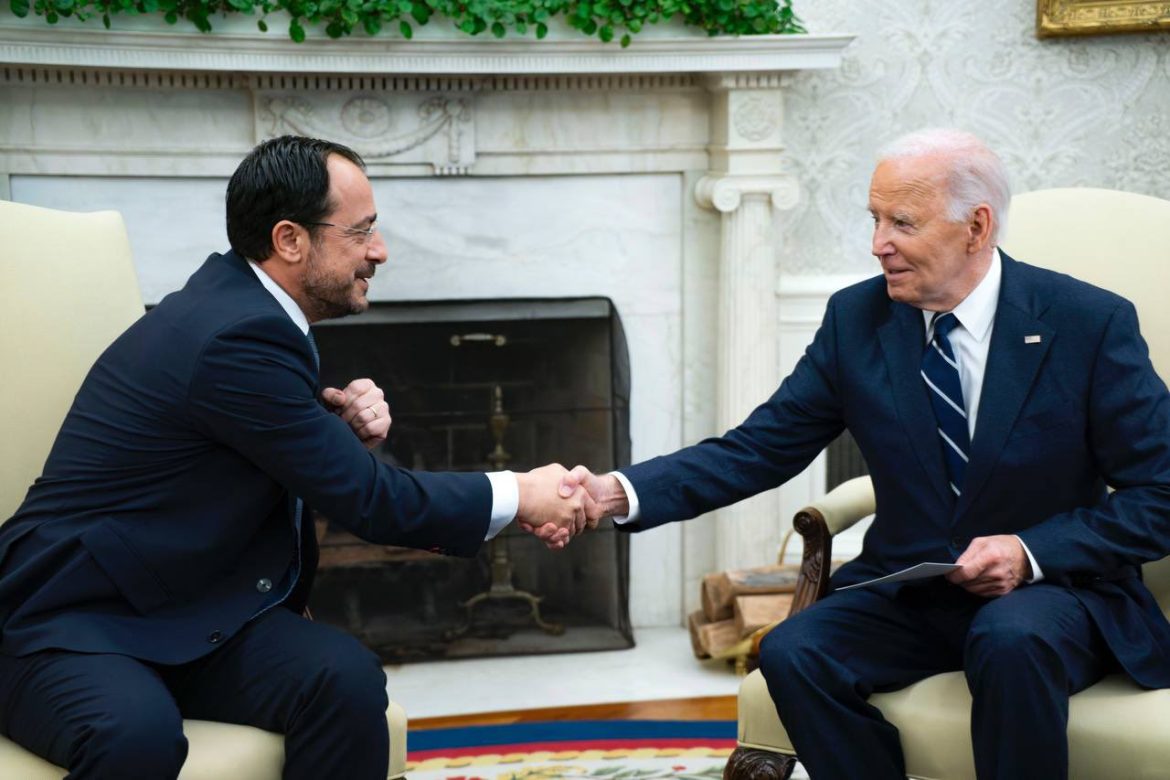Turkish Domestic Politics: Analysis and forecast on all relevant developments and insight about Turkish politics with its repercussions in its neighboring countries
The Syrian civil war, ongoing for years, has reached a new dimension with the rebel advances in Aleppo and Hama and the alleged coup attempt in Damascus. The regime of Bashar al-Assad, shaken by both rebel offensives and internal strife, is increasingly under pressure. These developments are not only revealing the weakening control of the
Like many others, I have been watching Türkiye’s policies regarding immigrants, refugees, and foreigners, especially the citizenship process, with growing concern for a long time. The lack of transparency, ambiguous statistics, and the failure to clearly articulate the purpose of the pursued policies have transformed this process into one of the worst examples in the
Turkish Defense Minister Güler stated that due to shifting geopolitical dynamics, the US could reinstate Türkiye in the F-35 program despite its possession of Russian S-400 missiles. Turkish National Defense Minister Yaşar Güler announced that the US might readmit Türkiye to the F-35 sales program despite its possession of Russian-made S-400 missiles, confirming that a
The foreign ministers of Germany, France, Italy, Spain, and Britain met in Warsaw on November 19th, hosted by Poland’s foreign minister. This followed an EU Foreign Ministers meeting the previous day. Although Britain is no longer an EU member, Europe’s most influential members chose to include Britain in making a joint statement against Russia. The
Turkish National Intelligence Organization’s (MİT) Legal Counsel Fuat Midas explains the concept of “Influence Espionage” through examples, without naming specific countries: “Consider a scenario where someone plans to assassinate a foreign national in a third country. They’re trafficking explosives and materials through our country from another country in the East. They intend to use our
President Tayyip Erdoğan delivered two significant speeches on November 10th, signaling Türkiye’s intention to launch a major political-military initiative in the “upcoming period.” The first speech was delivered on the 86th commemoration of Mustafa Kemal Atatürk’s death, the founder of the Turkish Republic. The second followed a Cabinet Meeting at Çankaya Mansion—the historic presidential residence
With Donald Trump announcing his victory in the US presidential race, Türkiye is closely watching developments in Washington. Turkish President Recep Tayyip Erdoğan was among the first leaders to congratulate him. Trump’s first term was marked by an unconventional foreign policy that often relied on pragmatism and unexpected maneuvers, which led to a volatile relationship
The second Donald Trump era begins in the United States. He said “America’s golden age” had begun in his victory speech. President Tayyip Erdoğan celebrated by wishing for a “more just world.” Preliminary assessments suggest that one of the most important factors in the Republicans winning the election with Trump was the Democrats’ inability to
On October 30th, the European Commission published its annual report assessing the candidate countries’ progress over the last year. Türkiye is still among them. At the very beginning of the report, it is stated that Türkiye is a candidate for membership. However, Türkiye is not seen as such. Every time Commission President Ursula von der
Greek Cypriot Nikos Christodoulides’ recent meeting with U.S. President Joe Biden at the White House marks a historic turning point in (Greek) Cyprus-U.S. relations. The Biden administration’s view of the Greek-Cypriot administered Cyprus as a strategic partner, coupled with the possibility of designating it as a Major Non-NATO Ally (MNNA), positions Cyprus as an essential
